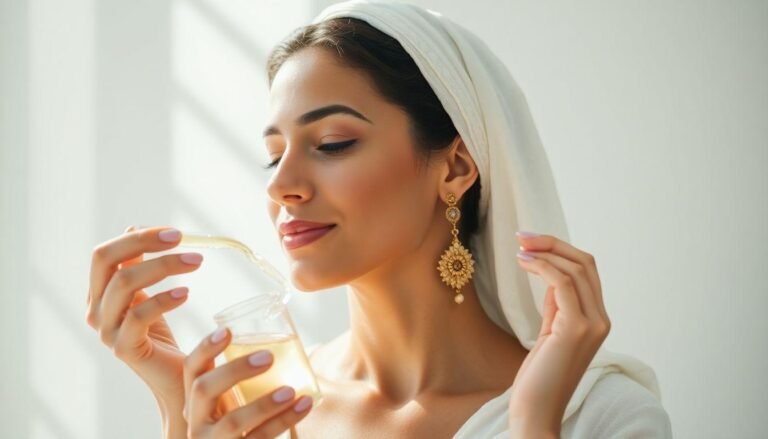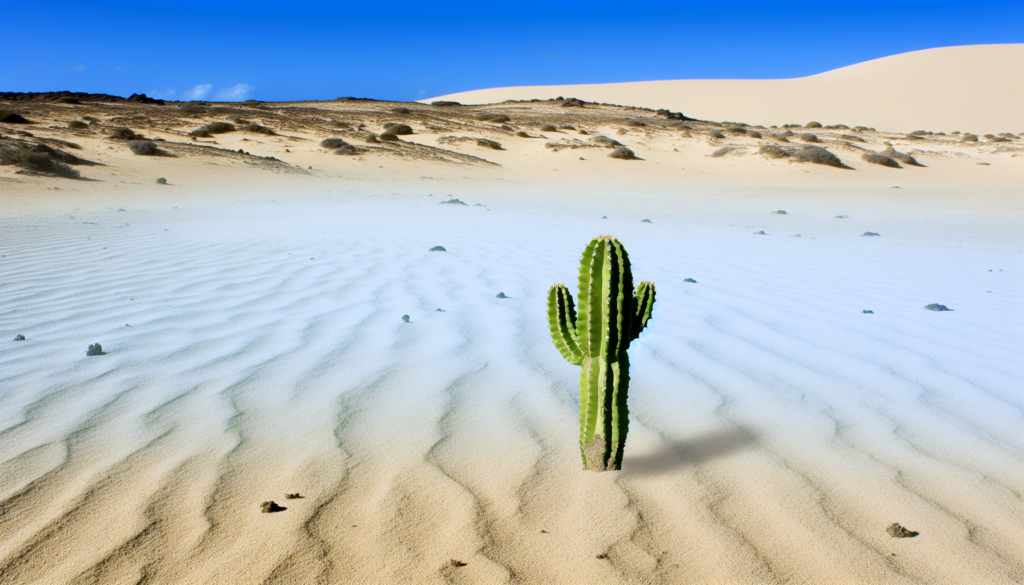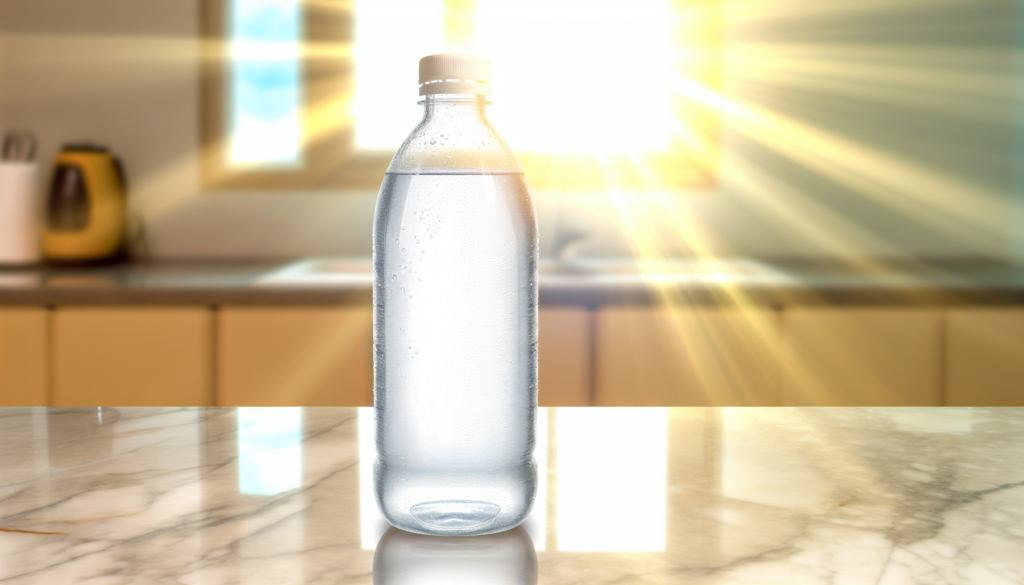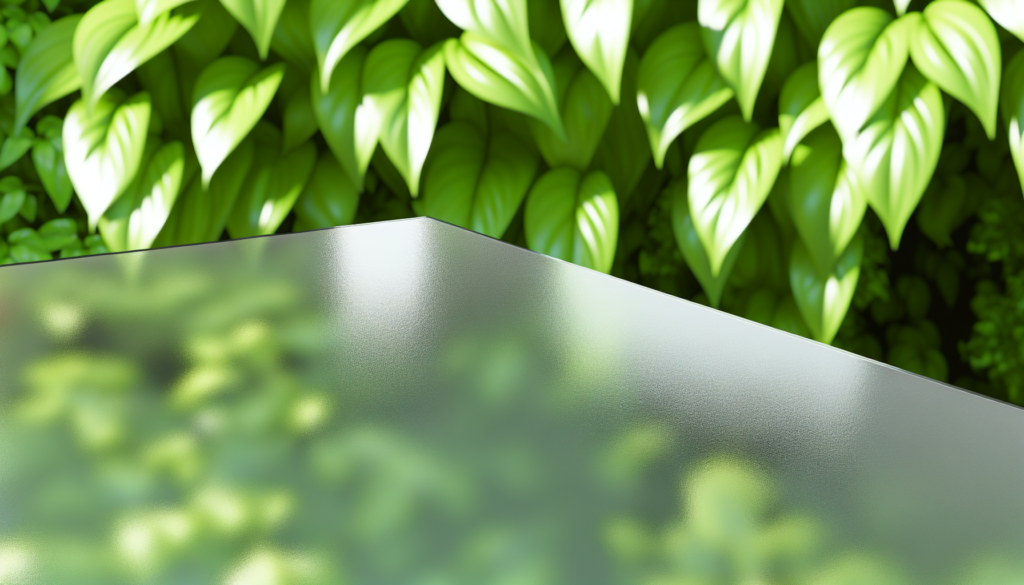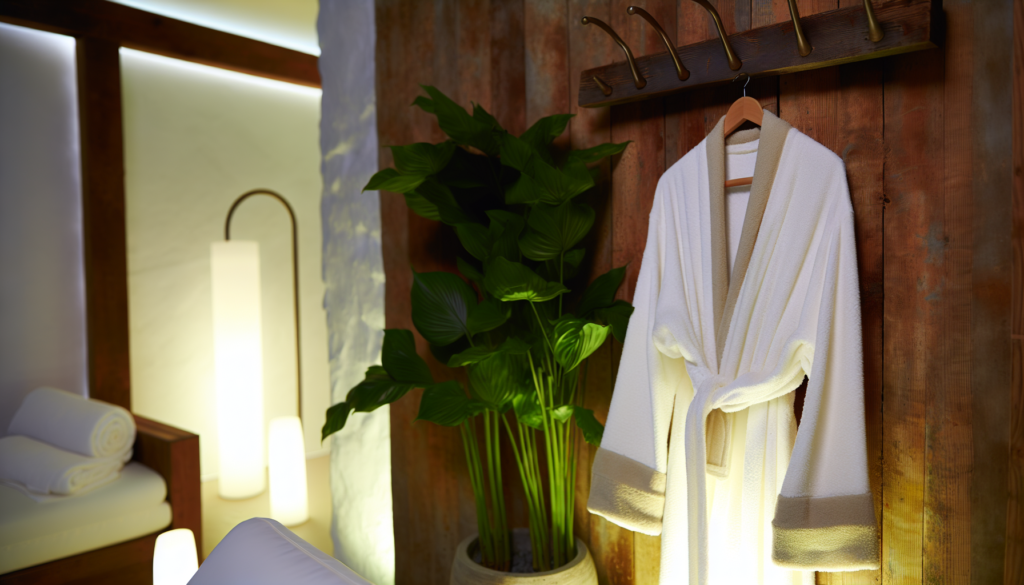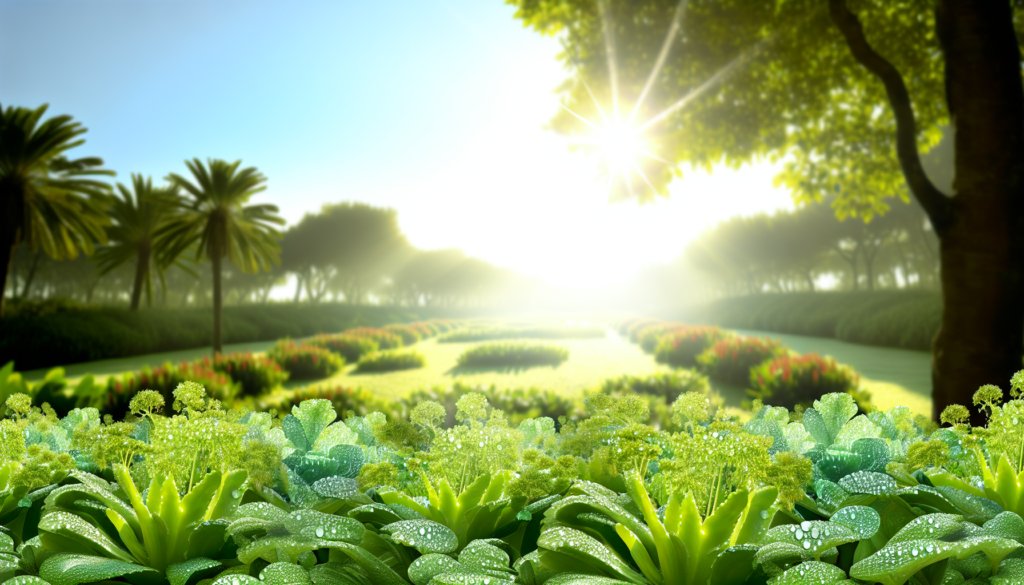For centuries, the women of the Middle East have been celebrated for their luminous complexions and timeless beauty. Drawing from a rich cultural heritage that spans generations, Arabic beauty tips have stood the test of time, offering natural solutions for radiant skin that glows from within. These treasured rituals combine the bounty of local ingredients with time-honored practices, creating a holistic approach to skincare that addresses both outer beauty and inner wellness. What’s particularly wonderful about these traditional methods is their accessibility – many utilize simple ingredients you might already have in your kitchen, making luxury skincare available to everyone.
The Ancient Wisdom Behind Arabic Beauty Secrets
The Arabian Peninsula has long been a crossroads of civilizations, where beauty traditions from North Africa, the Mediterranean, and Asia have melded together over centuries. Women in this region have relied on natural ingredients like olive oil, honey, and rose water to nourish their skin in the harsh desert climate. These beauty rituals weren’t just about looking good – they represented cultural identity and celebrated femininity through generations of mothers teaching daughters these precious techniques.
Harness the Power of Argan Oil
Often called “liquid gold,” argan oil has been a staple in North African beauty routines for centuries. This miracle oil is packed with vitamin E and fatty acids that deeply hydrate the skin without clogging pores.
What makes argan oil so special is its versatility – it works beautifully for all skin types, even oily and acne-prone skin. The secret? It actually helps regulate sebum production, bringing balance where it’s needed most.
Rose Water: The Ultimate Skin Refresher
No Arabic beauty routine would be complete without rose water. This fragrant elixir has been used since ancient times to tone, soothe, and hydrate the skin. The natural antibacterial properties help clear complexion issues while its delicate scent lifts your mood.
Try keeping a small spray bottle of pure rose water in your refrigerator for a refreshing mist throughout hot days. It’s perfect for setting makeup, too!
The Magic of Turmeric Masks
Long before turmeric became a trending ingredient in Western skincare, Arabic women were using this golden spice to create a natural glow. Turmeric contains curcumin, a powerful anti-inflammatory and antioxidant compound.
For a traditional mask, mix:
Apply to clean skin for 15-20 minutes before rinsing with warm water. Fair warning – turmeric can temporarily stain the skin, so it’s best used the evening before a special event rather than the same day!
Olive Oil: Nature’s Moisturizer
The Mediterranean and Middle Eastern regions have revered olive oil for thousands of years. Rich in antioxidants and healthy fats, it’s excellent for nourishing dry skin and preventing premature aging.
For an intensive treatment, warm a small amount of extra virgin olive oil between your palms and massage into clean skin before bed. The vitamin E content helps repair and regenerate skin cells overnight while you sleep.
Black Seed Oil for Problem Skin
Called “habbatus sauda” in Arabic, black seed oil has been used medicinally for over 2,000 years. The Prophet Muhammad is said to have described it as “a cure for every disease except death,” and it’s particularly effective for problematic skin conditions.
Its anti-inflammatory and antibacterial properties make it excellent for treating acne, eczema, and psoriasis. Apply a few drops to troubled areas after cleansing for best results.
Honey: Nature’s Humectant
Raw honey has been treasured in Arabic beauty traditions for its ability to draw moisture from the air into the skin. It’s also naturally antibacterial, making it perfect for blemish-prone complexions.
Try this simple honey cleansing method: apply a thin layer of raw honey to damp skin, massage gently for 1-2 minutes, then rinse with warm water. Your skin will feel remarkably soft and clean without that tight, stripped feeling many cleansers leave behind.
Coffee Grounds for Body Exfoliation
Coffee culture runs deep in Arabic traditions, and clever beauty enthusiasts discovered that used coffee grounds make an excellent body exfoliant. The caffeine helps stimulate circulation and temporarily tighten the skin, while the grounds themselves gently remove dead skin cells.
Mix used (cooled) coffee grounds with a bit of olive or coconut oil for a luxurious body scrub that’s particularly effective on rough areas like elbows, knees, and heels.
Frankincense for Aging Skin
This precious resin has been valued since biblical times, and for good reason. Frankincense essential oil has powerful rejuvenating properties that help tone aging skin and reduce the appearance of fine lines.
Add 2-3 drops to your favorite unscented moisturizer or facial oil to boost its anti-aging benefits. The earthy, slightly spicy scent is an added bonus – a moment of aromatherapy in your daily routine.
The Hammam Ritual
While not something you can easily recreate at home, the traditional hammam (bath house) experience is worth mentioning for its skin-transforming effects. This multi-step ritual involves steam, black soap cleansing, and vigorous exfoliation with a special mitt called a “kessa.”
You can capture elements of this experience at home with a hot shower, black soap, and a textured washcloth or exfoliating glove. The key is spending time – this isn’t a rushed process but rather a dedicated self-care ritual.
The Holistic Approach to Beauty
What truly distinguishes Arabic beauty traditions is their holistic nature. These practices don’t separate skin health from overall wellbeing. Proper hydration, a diet rich in nuts, seeds, fruits, and vegetables, and adequate rest are all considered essential components of true beauty.
Many women in Arabic cultures also practice oil pulling (swishing oil in the mouth), dry brushing, and regular facial massage as part of their beauty routines. These practices improve circulation, stimulate lymphatic drainage, and contribute to that coveted inner glow.
The beauty of these traditions lies in their simplicity and accessibility. You don’t need expensive products or complicated techniques – just pure, natural ingredients and consistent care. By incorporating some of these ancient Arabic beauty tips into your modern routine, you can achieve that radiant, naturally glowing skin that has been celebrated across cultures for generations.

